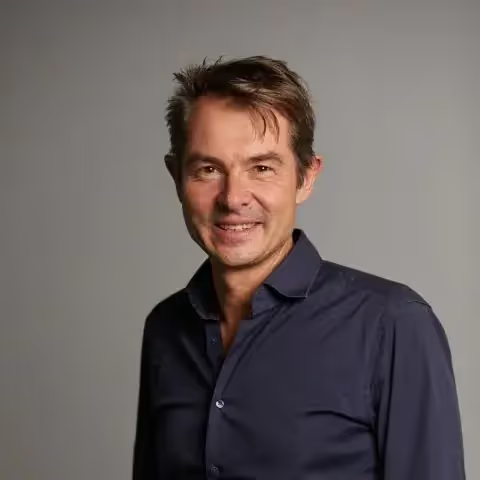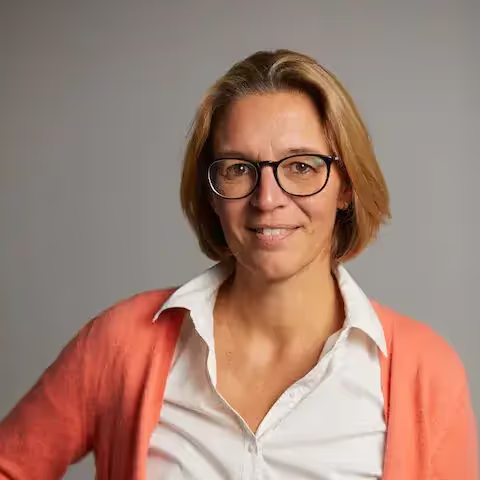In a compelling episode of the "The Regeneration Will Be Funded" podcast by Ma Earth, host Matthew Monahan sat down with Martin Stuchtey, founder and CEO of The Landbanking Group, to discuss a groundbreaking initiative: transforming nature into a fiduciary-grade asset class. The conversation centered on the urgent need to redefine our economic model to properly value nature and reward land stewards for the vital ecosystem services their land provides.
Stuchtey passionately argued for a paradigm shift towards what he terms "Prosperity 2.0" – an understanding of wealth that integrates nature capital alongside financial, human, and social capital. He pointed out the inherent flaws in our current system, which often only recognizes nature's value when it is extracted or destroyed, contrasting this with the intuitive human appreciation for the natural world, which is often relegated to a mere "screensaver" while its destruction is economically incentivized.
The Landbanking Group, as Stuchtey explained, is building the essential infrastructure—encompassing data reporting, legal frameworks, and funding mechanisms—to embed nature as a tangible asset within our financial systems. Their platform, Landler.io, is designed to provide an "ecological passport" for any piece of land, meticulously quantifying its ecological outcomes such as carbon sequestration, water holding capacity, and biodiversity levels. This detailed ecological passport then underpins "Nature Service Agreements," creating a verifiable and traceable link between the biophysical reality of nature and financial instruments, allowing for the development of nature-based assets and securities.
This innovative system offers compelling incentives for a wide array of stakeholders. For agri-food companies, it provides a pathway for "insetting" Scope 3 emissions, meeting new nature-positive disclosure requirements (like TNFD), and bolstering supply chain resilience. Insurers can leverage it to mitigate risks associated with climate-related events, while the offsetting market gains more reliable and verifiable nature-based solutions. Investors are presented with new asset classes offering potential non-correlated returns and positive environmental impact. Crucially, land stewards gain access to new income streams, empowering them to make more sustainable land management decisions and increase the long-term value of their land.
The mechanics involve land stewards onboarding their land onto the Landler.io platform, which utilizes advanced MRV (monitoring, reporting, verification) technology, including Earth observation and AI. This technology assesses ecological status and tracks improvements over time, compiling the data into a "nature capital account" that forms the basis for legal contracts [00:19:36 - 00:21:08].
Stuchtey also addressed the evolving regulatory landscape, with initiatives like the Taskforce on Nature-related Financial Disclosures (TNFD) and Europe's Corporate Sustainability Reporting Directive (CSRD) creating a global language and imperative for businesses to understand and disclose their nature-related dependencies and impacts [00:25:28 - 00:31:43]. While acknowledging concerns about market-based solutions, he emphasized the importance of equitable market design, transparent valuation, valuing preservation, lowering barriers for smallholders, integrating biodiversity, recognizing nature's intrinsic non-market value, and empowering land stewards through decentralized technologies [00:27:57 - 00:57:39].
Ultimately, Stuchtey called for collaboration and a non-competitive spirit within the regenerative finance space to accelerate the integration of nature into our financial system—a critical step towards a truly regenerative and prosperous future.





